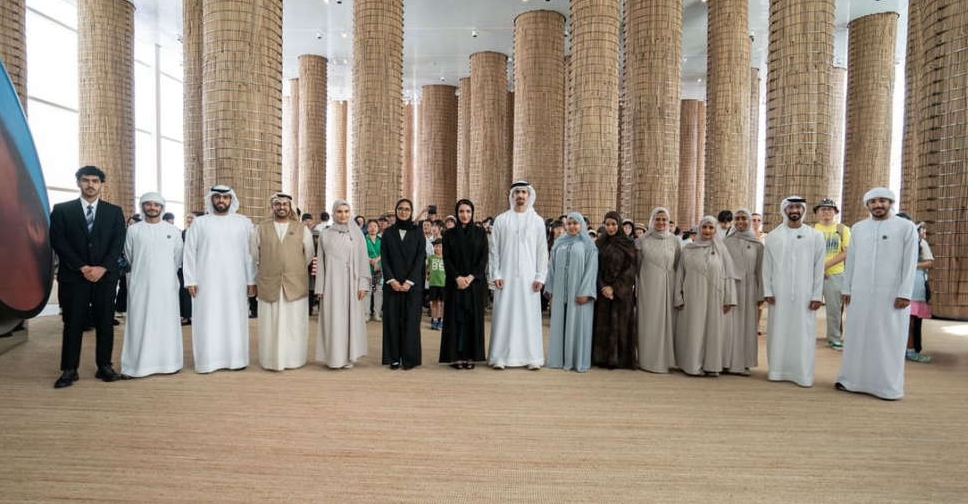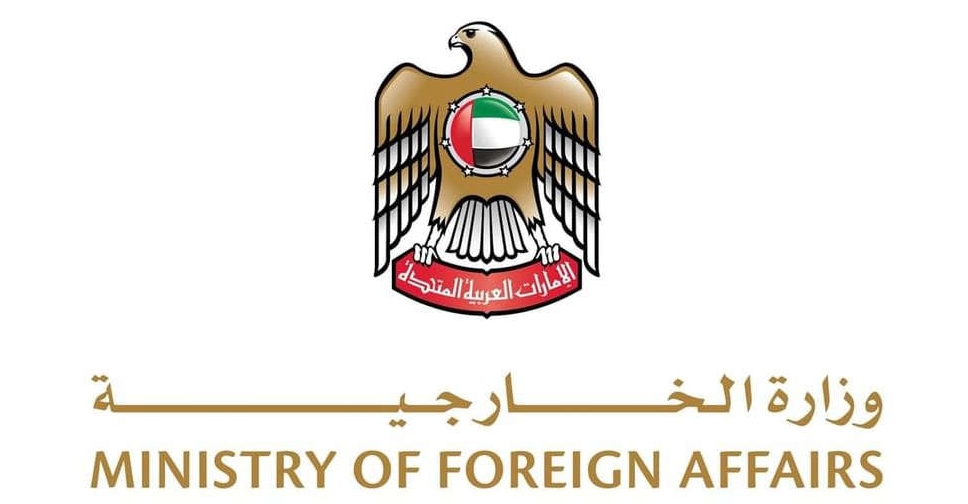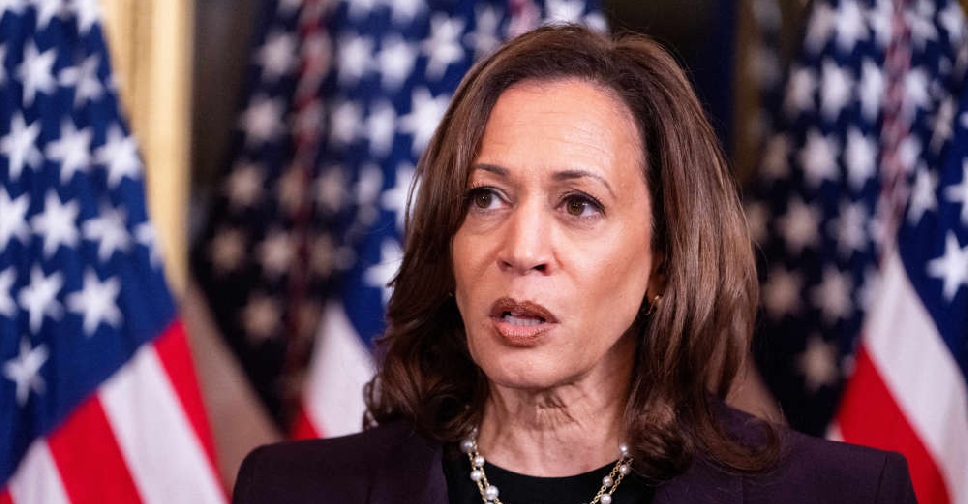
US Vice President Kamala Harris pressured Israeli Prime Minister Benjamin Netanyahu on Thursday to help reach a Gaza ceasefire deal that would ease the suffering of Palestinian civilians, striking a tougher tone than President Joe Biden.
"It is time for this war to end," Harris said in a televised statement after she held face-to-face talks with Netanyahu.
Harris, the likely Democratic presidential nominee after Biden dropped out of the election race on Sunday, did not mince words about the humanitarian crisis gripping Gaza after nine months of war between Israel and Hamas.
"We cannot allow ourselves to be numb to the suffering and I will not be silent," she said.
Harris' remarks were sharp and serious in tone and raised the question of whether she would be more aggressive in dealing with Netanyahu if elected president on Nov. 5. But analysts do not expect there would be a major shift in US policy toward Israel, Washington's closest ally in the Middle East.
On Oct. 7, Hamas attacked southern Israel from Gaza, killing 1,200 people and taking more than 250 captives, according to Israeli tallies.
Israel's retaliatory attack in Gaza has killed more than 39,000 people and caused a humanitarian calamity with most of the coastal enclave leveled, people displaced from their homes, famine and a shortage of emergency relief.
Biden met with Netanyahu earlier and told him that he needed to close gaps to reach a ceasefire in Gaza and remove obstacles in the flow of aid, according to a readout of the meeting provided by the White House.
Netanyahu will meet Harris' Republican rival, Donald Trump, on Friday at Trump's Mar-a-Lago club in Florida.
A ceasefire has been the subject of negotiations for months. US officials believe the parties are closer than ever before to an agreement for a six-week ceasefire in exchange for the release by Hamas of women, sick, elderly and wounded hostages.
"There has been hopeful movement in the talks to secure an agreement on this deal, and as I just told Prime Minister Benjamin Netanyahu, it is time to get this deal done," Harris said.
Although as vice president she has mostly echoed Biden in firmly backing Israel's right to defend itself, she made clear on Thursday that she was losing patience with Israel's military approach.
"Israel has a right to defend itself. And how it does so matters," Harris said.
In March, she bluntly stated that Israel was not doing enough to ease a "humanitarian catastrophe" during its ground offensive in the Palestinian enclave. Later, she did not rule out "consequences" for Israel if it launched a full-scale invasion of refugee-packed Rafah in southern Gaza.

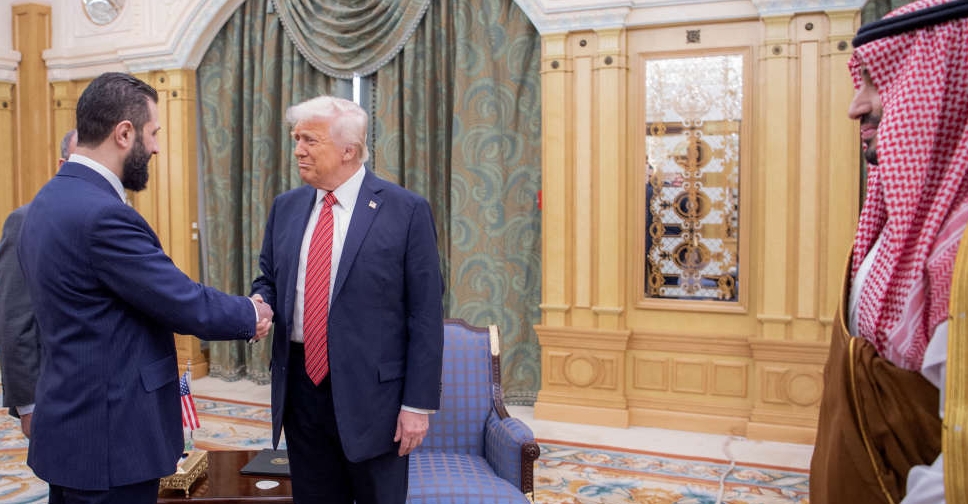 Trump signs order lifting sanctions on Syria, White House says
Trump signs order lifting sanctions on Syria, White House says
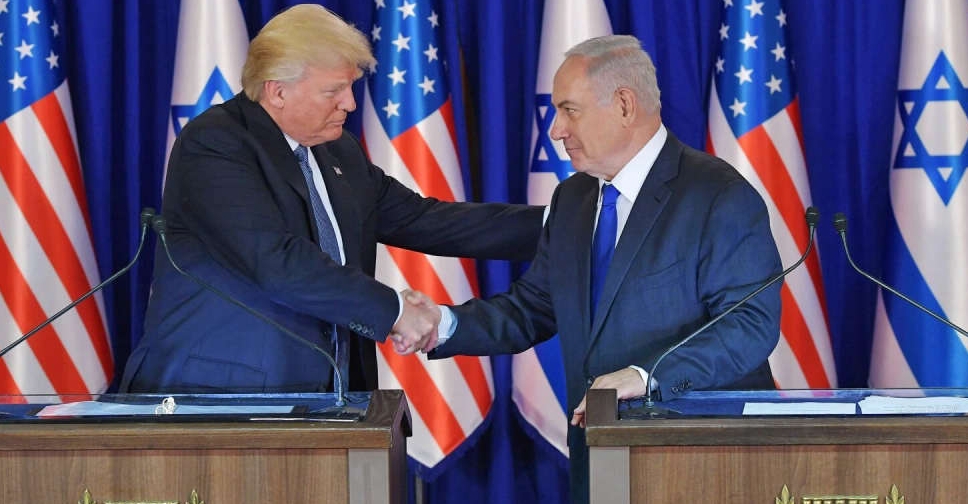 Trump to host Netanyahu at White House on July 7, US official says
Trump to host Netanyahu at White House on July 7, US official says
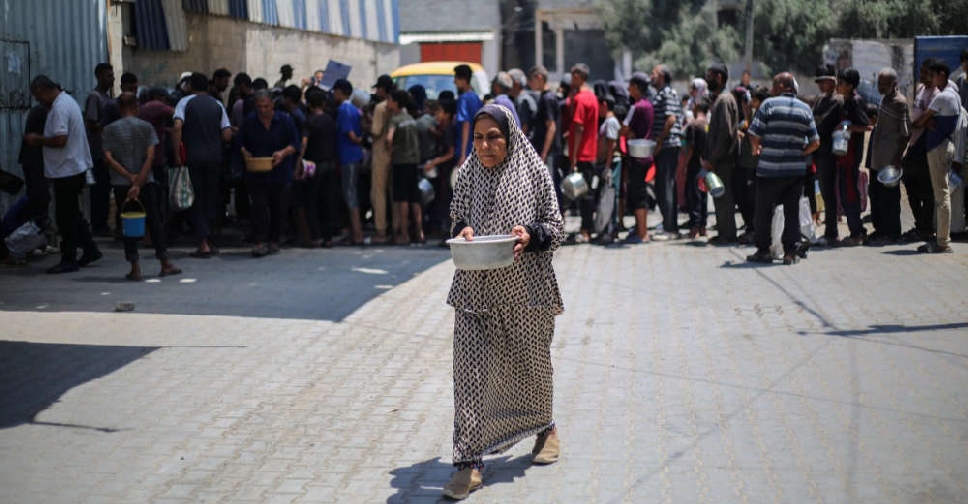 Israel acknowledges Palestinian civilians harmed at Gaza aid sites
Israel acknowledges Palestinian civilians harmed at Gaza aid sites
 Israel steps up Gaza bombardment ahead of White House talks on ceasefire
Israel steps up Gaza bombardment ahead of White House talks on ceasefire
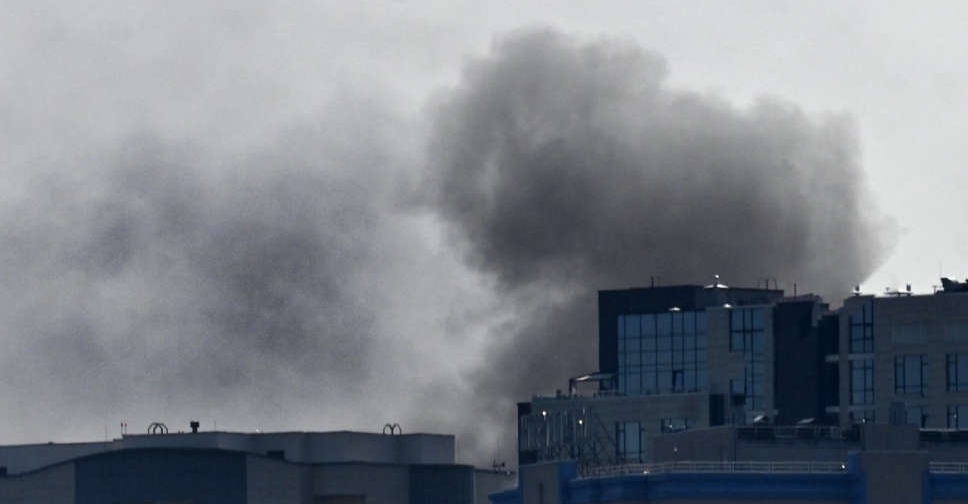 Ukraine pilot killed in large-scale Russian attack, Zelenskyy calls for US help
Ukraine pilot killed in large-scale Russian attack, Zelenskyy calls for US help

